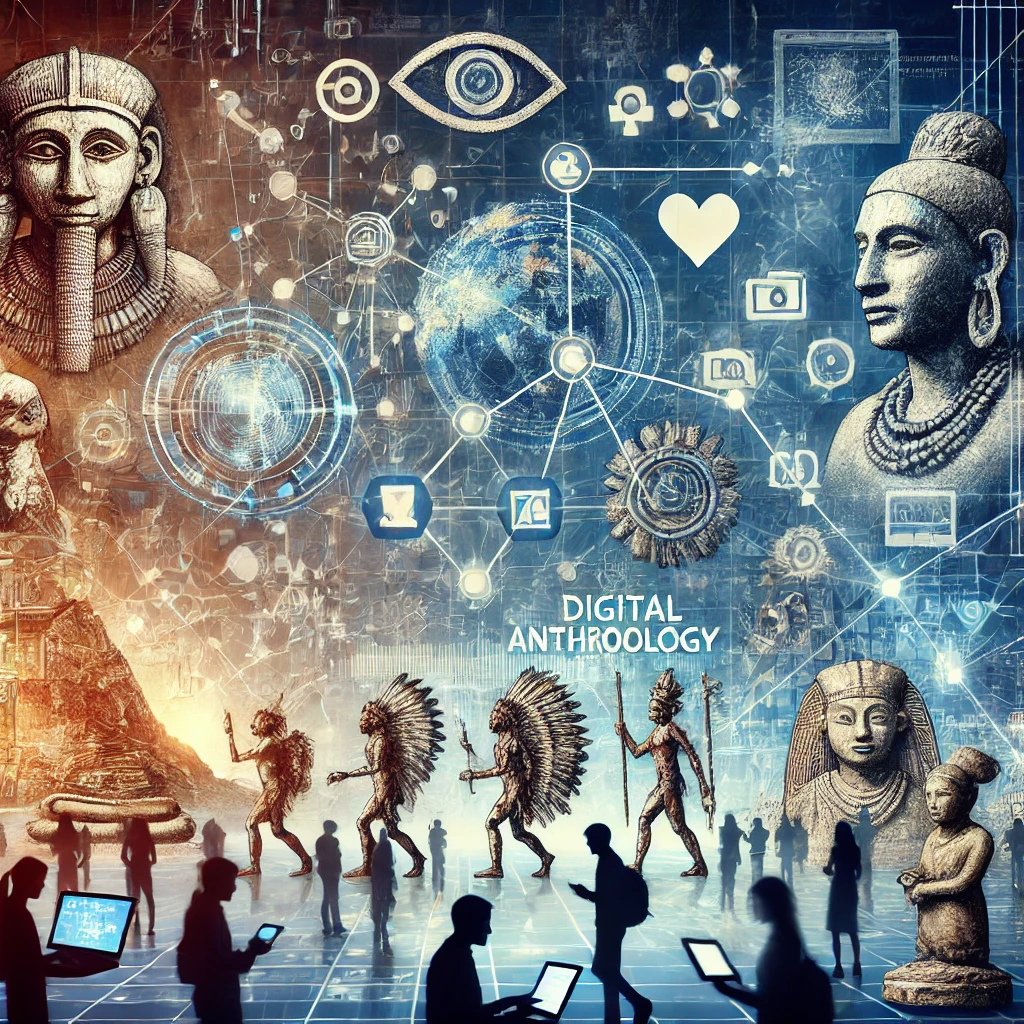I really enjoyed my evening – down to earth view of AI with a lot of humour. It was great!
Louise
AI at the movies
Whilst AI advances appear new and amazing, many seem to have been inspired by the stories we have been telling well since time began.
In this talk we will take a light-hearted look at how technology in the movies would or wouldn’t work in real life. From ‘Back to the Future’ via ‘Terminator’ and a bit of Tom Cruise, using Jungian and pop psychology we will explore all the ways in which cinematic AI compels us to believe in the fantastical and magical, especially since we all know that real life can be stranger than fiction.
Read more: Free Guy, AI at the movies.


Human-computer interaction

Human-computer interaction originated to make it easier for people to interact with their computers and to study how humans experienced technology. But, when the computer moved off the desktop and into our daily lives often capturing every move we make things got a lot more complicated.
From the design of the first user interface with lightbulbs and switches, to wearables such as Fitbits on our wrists, we look at what it means to be human in the field of human-computer interaction and the experiences, both good and bad, that we now have as a consequence.
Read more: 101 ways to think about HCI.
My mind is spinning!
Helen Kestle
So much incredible
information!
Digital Anthropology

In the 1970s, anthropologists at the University of California, Berkeley, began studying up, applying anthropology – the scientific study of behaviour, culture and society – to how Westerners behave. With the rise of the WWW in the 1990s this has extended to our digital life and beyond. From the first office anthropologists, via social animals on social media and undercover anthropologists in the World of Warcraft, to artificial intimacy with chatbots and post-human aspirations, we consider what it means to be human in a digital world.
Read more: Eat, pray, artificial love and Ruth Stalker-Fascinating.

Digital journalism

Digital journalism began in the 1990s as the WWW became a key place where people went to get their news. Over the years it seems that traditional journalism has scrambled to keep up with the other fast-changing news outlets that are less worried about media law and ethics as they create audience engagement, and numbers often with clickbait and multi-media.
In this talk, we explore trial by public opinion, citizen journalism (aka content creators), misinformation, disinformation, fake news and the impact and responsibilities of AI and social media platforms on today’s media.
Read more: Digital Journalism and Propaganda and Persuasion.
Last updated 27th August 2025
